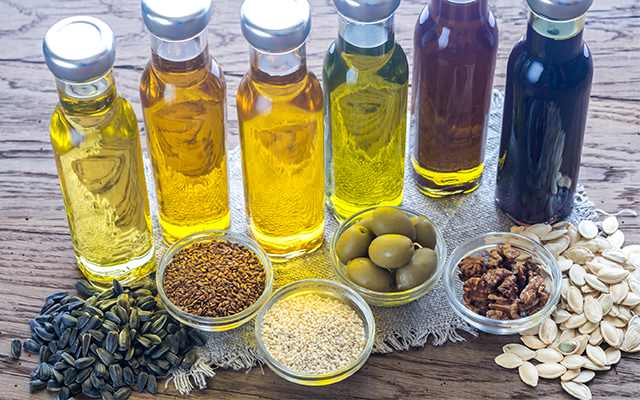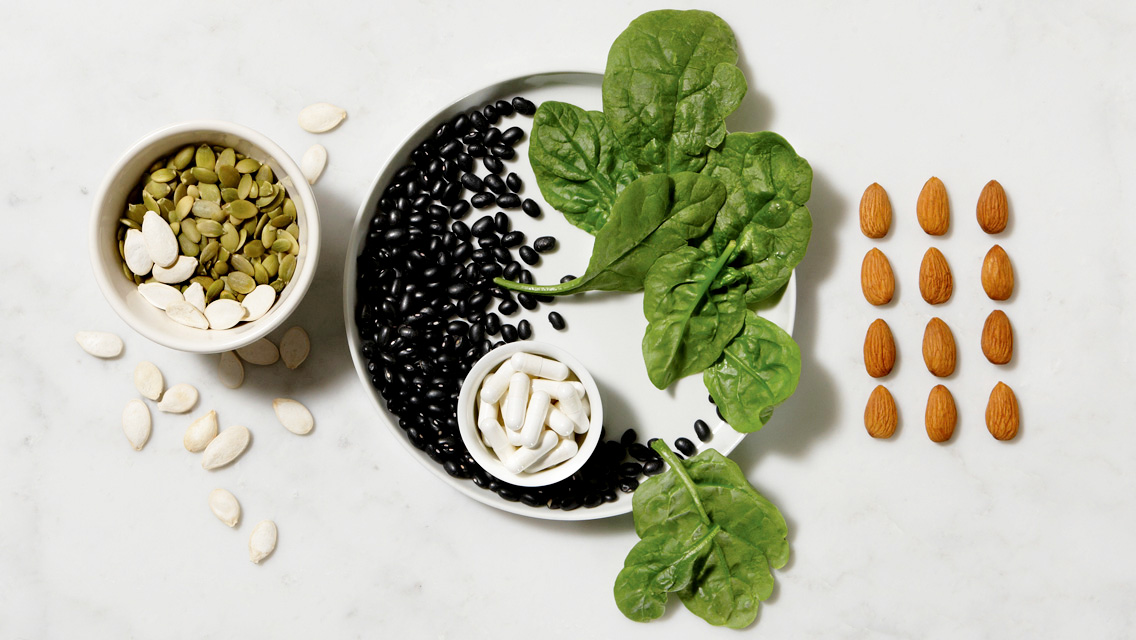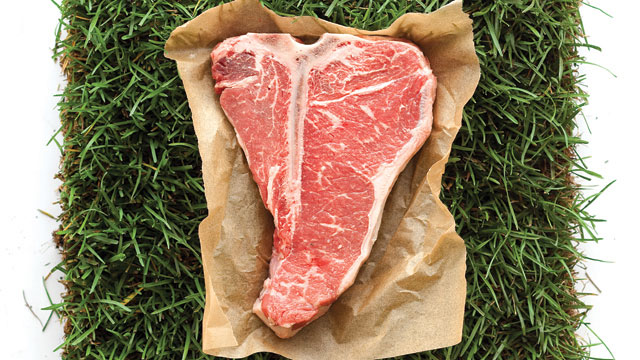
Got milk? Science has increasingly shown that not everyone needs the white stuff – and those with an allergy are better off avoiding it altogether. But new research has found that for those who choose to drink it, whole, organic milk may be the best choice.
According to the study, published in the journal PLOS One, full-fat organic milk contains more beneficial, anti-inflammatory fatty acids – the omega-3s touted for their positive effect on heart and brain health – than cow’s milk from conventional dairies.
Researchers at Washington State University announced the findings this week following an 18-month study comparing the fatty acid profiles of nearly 400 organic and conventional milk samples from across the United States.
“We were surprised by the magnitude of the nutritional quality differences we documented,” Charles Benbrook, the study’s lead author, said in a statement.
RELATED: All About Essential Fatty Acids
The study found that the organic milk contained higher concentrations of omega-3 fatty acids — also found in fatty fish, pasture-raised meat, and pastured eggs — as well as more beneficial ratios of omega-6 to omega-3 fatty acids.
Specifically, Benbrook’s team found that conventional milk had an omega-6 to omega-3 ratio of 5.8-to-1, while organic boasted a ratio of 2.3-to-1. (The findings are true for whole milk, but not non-fat, as the fatty acids are removed in the skimming process.)
The study was released just months after another analysis that questioned the supposed benefits of drinking milk, including its promotion as a good source of bone-building calcium and muscle-building protein. According to the criticism, published in JAMA Pediatrics, milk may increase the risk of cancer and promote weight gain.
Research has also shown that the benefits one would get from drinking milk, such as calcium and protein, can easily be obtained from other sources.
Funding for the WSU study was provided by Organic Valley, a Wisconsin-based coop of organic farmers. The group is claiming that Organic Valley products, in particular, are healthier than alternatives.
RELATED: The New Moo: Non-Dairy Milk Alternatives
Both types of fatty acids are considered essential, but the modern diet has skewed the ratio between the two in favor of omega-6. According to the WSU researchers, the typical Western diet has an omega-6 to omega-3 ratio of 10-to-1 to 15-to-1. An ideal “heart-healthy” diet is believed to have a ratio of 2.3-to-1 or less — a near-equal balance of the two types of fatty acids.
While omega-6 fatty acids are important (meaning you shouldn’t cut them out altogether), high consumption is associated with such health risks as cardiovascular disease, cancer, inflammation, and autoimmune diseases, according to the study authors. “The higher the ratio of omega-6 to omega-3, the greater the associated health risk,” they said.
RELATED: Diving Into the Dairy Debate
Benbrook’s team attributed the nutritional disparity to the dietary differences between cows from organic dairies and those raised in conventional facilities.
Organic labeling requires, by law, that cows receive a certain amount of forage-based feed, such as grasses, which are high in omega-3. Conventionally raised cows are typically fed a corn-based diet, which is high in omega-6. (The key difference here is in the diet, not the label, meaning that milk from grass-fed cows that may not be certified organic would also have beneficial omega-3 concentrations.)
RELATED: Grass-Fed Goodness
The researchers concluded that for the most benefits, consumers should limit their intake of foods high in omega-6 fatty acids, increase their intake of fat-containing dairy products, and switch to organic dairy products.
Additionally, they suggest that all dairies would benefit from grazing and forage-based feeds for their cows.
Tell us: Do you drink milk? If so, what kind (cow, goat, almond, hemp, skim, etc.) is your favorite? Share your dairy (and non-dairy) recommendations in the comments below or tweet us @experiencelife.



This Post Has 0 Comments